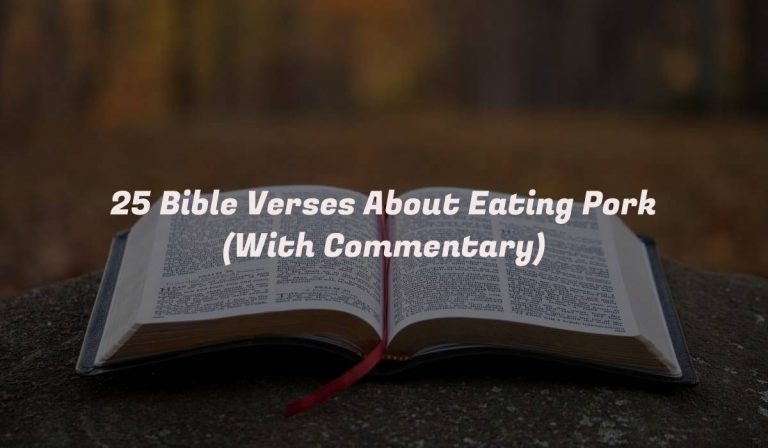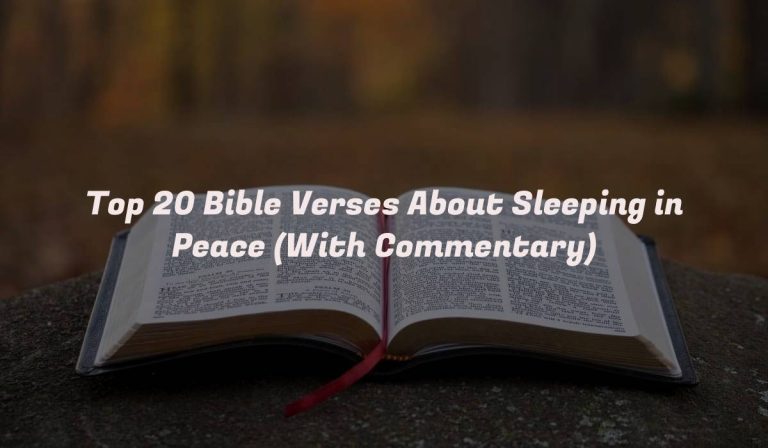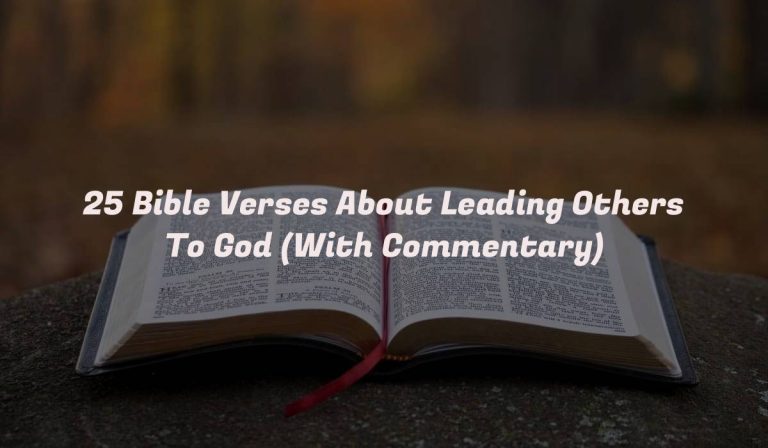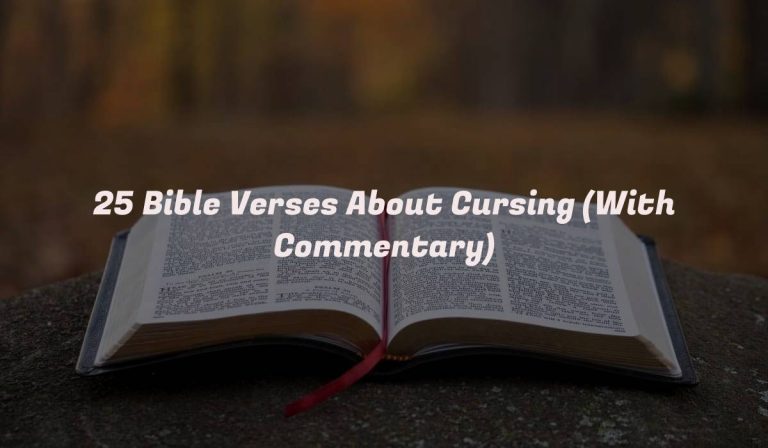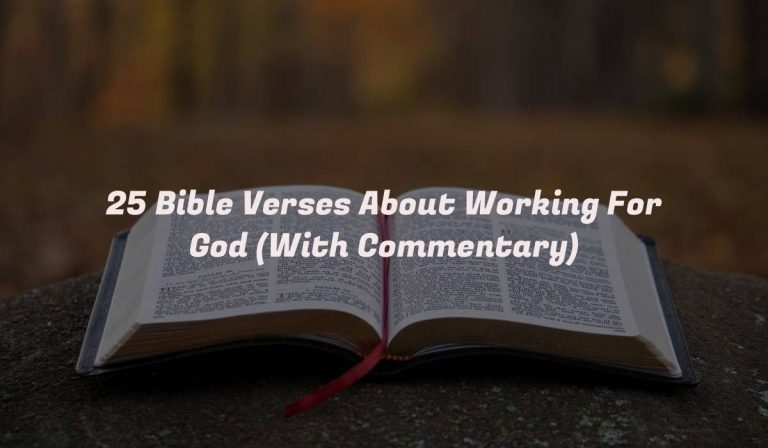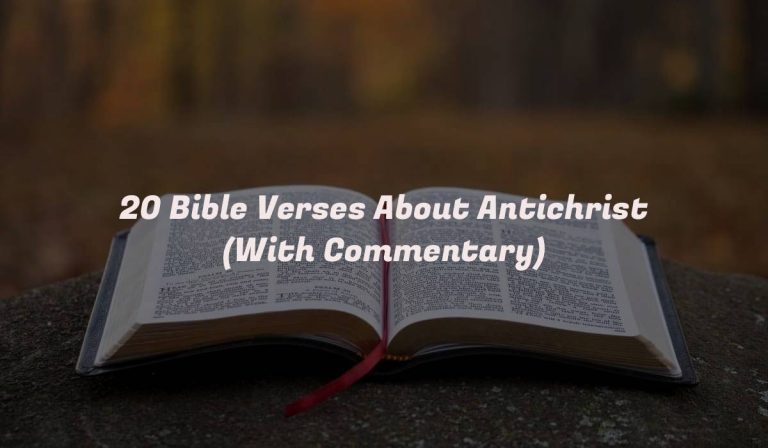Exodus 23 Meaning and Commentary
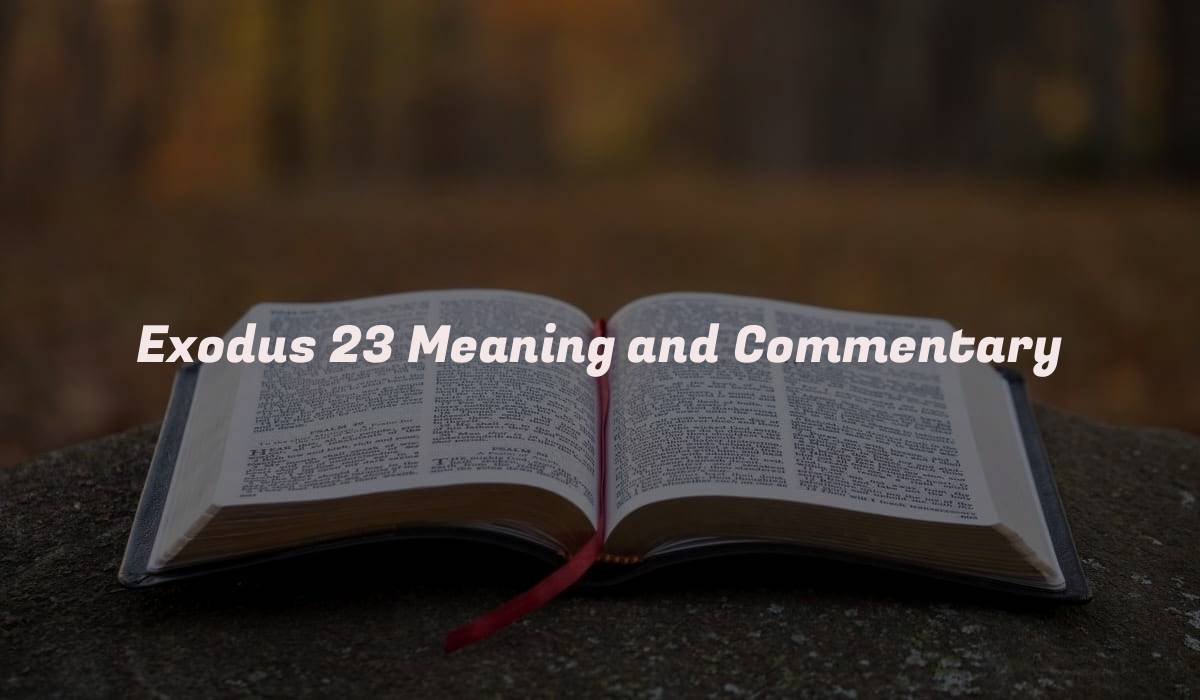
Exodus 23
“Do not spread false reports. Do not help a guilty person by being a malicious witness.
2 “Do not follow the crowd in doing wrong. When you give testimony in a lawsuit, do not pervert justice by siding with the crowd, 3 and do not show favoritism to a poor person in a lawsuit.
4 “If you come across your enemy’s ox or donkey wandering off, be sure to return it. 5 If you see the donkey of someone who hates you fallen down under its load, do not leave it there; be sure you help them with it.
6 “Do not deny justice to your poor people in their lawsuits. 7 Have nothing to do with a false charge and do not put an innocent or honest person to death, for I will not acquit the guilty.
8 “Do not accept a bribe, for a bribe blinds those who see and twists the words of the innocent.
9 “Do not oppress a foreigner; you yourselves know how it feels to be foreigners, because you were foreigners in Egypt.
10 “For six years you are to sow your fields and harvest the crops, 11 but during the seventh year let the land lie unplowed and unused. Then the poor among your people may get food from it, and the wild animals may eat what is left. Do the same with your vineyard and your olive grove.
12 “Six days do your work, but on the seventh day do not work, so that your ox and your donkey may rest, and so that the slave born in your household and the foreigner living among you may be refreshed.
13 “Be careful to do everything I have said to you. Do not invoke the names of other gods; do not let them be heard on your lips.
14 “Three times a year you are to celebrate a festival to me.
15 “Celebrate the Festival of Unleavened Bread; for seven days eat bread made without yeast, as I commanded you. Do this at the appointed time in the month of Aviv, for in that month you came out of Egypt.
“No one is to appear before me empty-handed.
16 “Celebrate the Festival of Harvest with the firstfruits of the crops you sow in your field.
“Celebrate the Festival of Ingathering at the end of the year, when you gather in your crops from the field.
17 “Three times a year all the men are to appear before the Sovereign Lord.
18 “Do not offer the blood of a sacrifice to me along with anything containing yeast.
“The fat of my festival offerings must not be kept until morning.
19 “Bring the best of the firstfruits of your soil to the house of the Lord your God.
“Do not cook a young goat in its mother’s milk.
20 “See, I am sending an angel ahead of you to guard you along the way and to bring you to the place I have prepared. 21 Pay attention to him and listen to what he says. Do not rebel against him; he will not forgive your rebellion, since my Name is in him. 22 If you listen carefully to what he says and do all that I say, I will be an enemy to your enemies and will oppose those who oppose you. 23 My angel will go ahead of you and bring you into the land of the Amorites, Hittites, Perizzites, Canaanites, Hivites and Jebusites, and I will wipe them out. 24 Do not bow down before their gods or worship them or follow their practices. You must demolish them and break their sacred stones to pieces. 25 Worship the Lord your God, and his blessing will be on your food and water. I will take away sickness from among you, 26 and none will miscarry or be barren in your land. I will give you a full life span.
27 “I will send my terror ahead of you and throw into confusion every nation you encounter. I will make all your enemies turn their backs and run. 28 I will send the hornet ahead of you to drive the Hivites, Canaanites and Hittites out of your way. 29 But I will not drive them out in a single year, because the land would become desolate and the wild animals too numerous for you. 30 Little by little I will drive them out before you, until you have increased enough to take possession of the land.
31 “I will establish your borders from the Red Sea to the Mediterranean Sea, and from the desert to the Euphrates River. I will give into your hands the people who live in the land, and you will drive them out before you. 32 Do not make a covenant with them or with their gods. 33 Do not let them live in your land or they will cause you to sin against me, because the worship of their gods will certainly be a snare to you.”
Exodus 23 Meaning
In Exodus 23, God is giving instructions to the Israelites regarding how they are to live and conduct themselves as His chosen people. These verses outline various laws and regulations that cover a wide range of topics, including justice, honesty, kindness, and faithfulness. The overall message of these verses is to encourage the Israelites to live righteous and holy lives, reflecting God’s character and values.
Exodus 23 Commentary and Explanation
Context of Exodus 23
Exodus 23 is part of the Book of Exodus, which documents the liberation of the Israelites from slavery in Egypt and their journey towards the Promised Land. These verses contain a set of laws and regulations given by God to guide His people in their daily lives.
Breaking Down the Key Parts of Exodus 23
Verse 1: Prohibition against spreading false reports.
Verses 2-3: Warning against following the majority in doing evil.
Verse 4: Command to show kindness even to enemies.
Verses 5-6: Emphasis on justice and fairness.
Verse 7: Prohibition against false charges and unjust executions.
Verse 8: Warning against accepting bribes.
Verses 9-12: Instruction on rest and generosity towards the poor.
Verse 13: Command to worship only the Lord.
Bible Study on Exodus 23
These verses in Exodus 23 provide us with practical guidelines on how to live a righteous and holy life. They remind us of the importance of truth, justice, kindness, and generosity. As we study and meditate on these verses, we can examine our own lives and ask ourselves if we are living in accordance with God’s commands.
We can reflect on the ways in which we use our words. Are we spreading false reports or gossiping about others? Let us strive to be people of integrity, speaking the truth in love and building others up with our words.
In terms of justice and fairness, how do we treat others? Are we showing favoritism or prejudice? Let us be impartial and treat everyone with equality and fairness, just as God does.
These verses also challenge us to extend kindness and help those in need, regardless of who they are. Our love and compassion should not be limited to those who are easy to love, but should extend even to our enemies.
Additionally, these verses emphasize the importance of rest and generosity. Are we taking the time to rest and honor the Lord’s provision in our lives? Are we being mindful of the needs of the poor and the less fortunate? Let us be generous with our resources and extend a helping hand to those in need.
Lastly, these verses remind us to worship and serve God alone. We live in a world that offers many distractions and alternatives to God. Let us stay true to our faith and resist the temptation to worship idols or put anything above our devotion to God.
Final Thoughts
The teachings in Exodus 23 are not only relevant to the Israelites in their specific context but also have enduring lessons for us as Christians today.
They call us to live righteous lives, reflecting God’s character in our words, actions, and interactions with others. May we strive to obey His commands and live in a way that honors Him, bringing glory to His name in all that we do.

